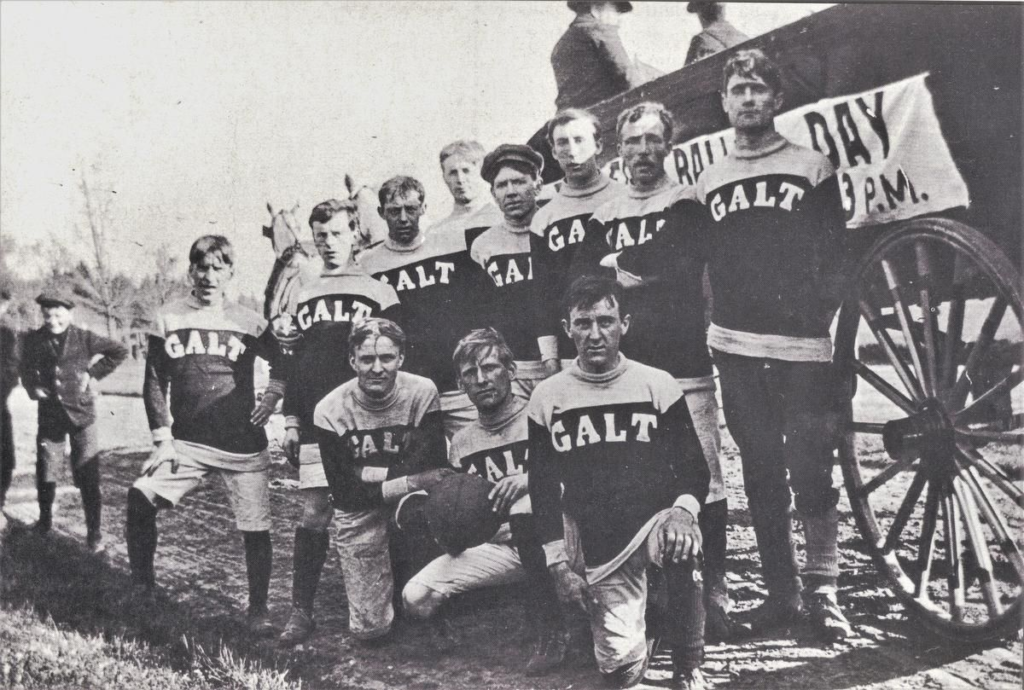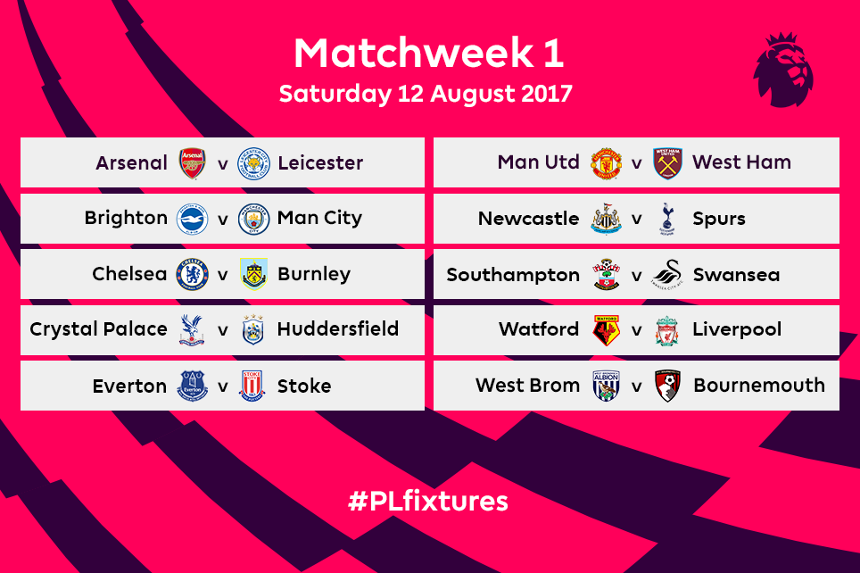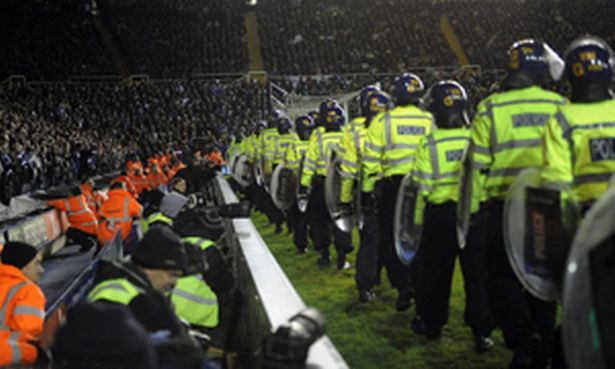English Premier League (EPL) fans sometimes spend weeks planning and looking forward to their favorite team’s clash with their bitter rivals. Most supporters can even go as far as agreeing that the league has been built by the signature rivalries it has had over the years. However, only few tend to acknowledge the meticulous planning that goes into ensuring that things are as they should be.
How are Premier League fixtures decided? Premier League fixtures are decided well ahead of time by experts, who apply guidelines often referred to as sequencing rules to determine which teams play against each other and where those matches are to be held.
For one to truly appreciate the magnitude and importance of fixture placements, one needs to take a look at the league’s past. A deep dive into its history is sure to reveal why planning the matches’ schedules is not as easy as randomly selecting two teams and agreeing who between them should be the hosting team and the guest/visiting team.
A Brief History
After the formation of the Football Association (FA) in 1863 and the resulting recognition of association Soccer or soccer as an independent sport, a number of clubs/teams immediately expressed their interest in falling under its jurisdiction.
The main reason was because of the governed playing environment the FA and its rules had created making competition between teams, which was once improbable due to the absence of uniform rules, possible.
By 1883, the governing rules had undergone significant changes and had subsequently been accepted by all existing/rival associations – a development that had prompted over 40 teams to join the new association with the hope of competing against each other.
Looking to raise its profile and reward its best-performing teams, the FA created the Soccer League in 1888. The league not only became the premier Soccer/soccer competition in modern Soccer but also lit a fire, which spread across Europe and piqued the interest of England’s neighbors in the sport.

Over the next decade or so, the neighboring countries formed their own Soccer associations and leagues and began exploring the possibility of competing against each other. The endeavor culminated in the creation of the Fédération Internationale de Soccer Association (FIFA) in 1904.
FIFA continued to facilitate the growth of the sport around the world and encouraged the birth of regional leagues such as the Union of European Soccer Associations (UEFA), which was founded in 1954.
Why EPL Fixtures Must Be Decided
By the beginning of the 20th century, top flight English clubs already participated in two competitions: one for the FA Cup (since 1872) and another for the Soccer League title (since 1889).
The clubs had also begun adopting the idea of signing players who were not necessarily homegrown upon realizing that such players had unique skill sets that could bring new dynamics and give them a leg up over their competition.
The World Cup had also evolved from an invite-only competition (in 1930) to one which FIFA member countries needed to qualify for (from 1933) – a development which meant that some foreign players would often have to heed the call of international duty.

By the end of the 1960s, the FA had also incorporated an additional race for the EFL Cup. English clubs had also begun participating in the European Cup competition (now known as the UEFA Champions League competition).
Most if not all of these competitions run concurrently creating the likelihood of clashes between the various schedules the clubs had to follow. It therefore became necessary for the FA to find a way to balance the interests so as not to deny its players, clubs (and countries) the various opportunities to compete for glory.
The “Science” Behind How EPL Fixtures Are Decided
After the EPL was constituted on 27th May 1992, the league sought technical experts to help them come up with a fixture schedule which could seamlessly accommodate all the existing domestic and international competitions.
Their search ultimately led them to Atos – a computers and information technology company based in France. Atos have since been tasked with delivering the EPL’s fixture list and have successfully done so for just shy of three decades.
A deep dive into fixture lists over the past few years uncovers the name Glenn Thompson, who is credited as being the lead expert and compiler of the EPL fixture lists. The Englishman has gone on record on more than one occasion to reveal that organizing the 380 league matches every season is “no simple business”.

In a recent interview, Thompson disclosed that before attempting anything with the schedule, he and his team must first wait for the last EFL playoff in order to know which teams to include. However, for the above to be achieved fixtures must also be prioritized in reverse order beginning with international dates from FIFA.
The experts then incorporate the dates for European club competitions before including dates for domestic competitions (those governed by the FA). The remaining dates are then allocated to league and League Cup matches.
Thompson and Atos then apply the concept of “sequencing”, which breaks down a season into different parts or “sets”. The sets (normally five in number) are then applied one way for the first half of the season and are inverted for the second half of the season. This is the reason why the schedule appears to have the same fixtures at the inverted points of the schedule.
A Team Effort
In order to make the schedule and its associated movements more convenient for clubs, Thompson and company apply what have come to be known as sequencing rules which mandate that for every five fixtures, a club must play three matches at home and two away or vice versa.
For the sequencing rules to work, Atos has to be in constant consultation with the EPL and its clubs. These discussions help prevent two or more clubs that reside in the same locale like Manchester United and Manchester City from having home matches at the same time.

The resulting logistical nightmare from such an instance could escalate to the point of causing a delay or postponement of a match. A feedback form is usually sent to clubs by the EPL in March of every year. The clubs are expected to fill the form and highlight any concerns they may have before sending it back.
Thompson also let it slip that since there are over 2,000 Premier League and EFL matches over the nine month-long period of a season, changes are sometimes necessary. He however added that changing one match may require making another 40 changes to ensure that the harmony of the schedule is maintained.
